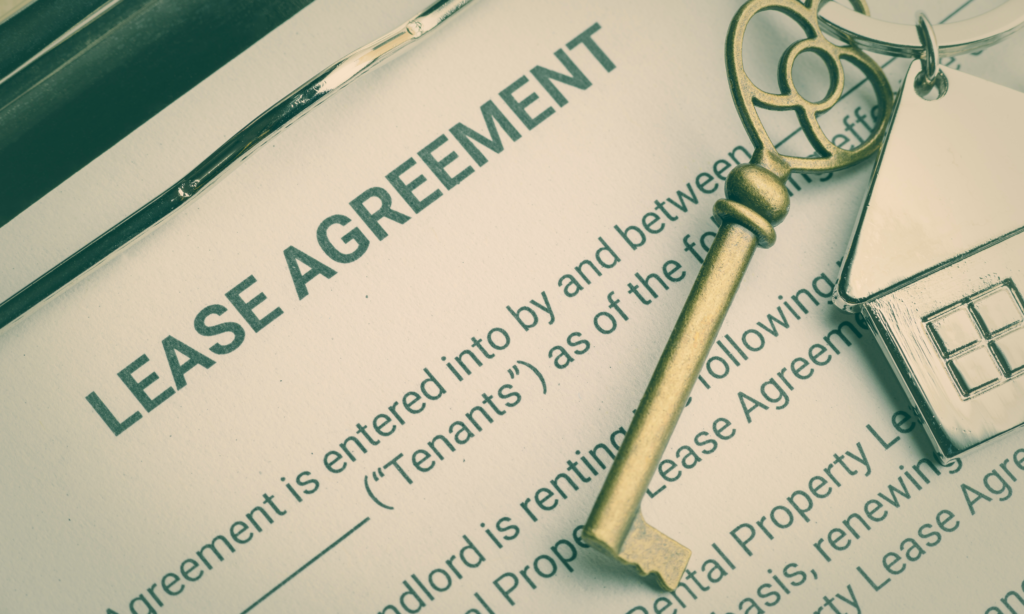When renting a house, the rights and responsibilities of both the tenant and the landlord play a crucial role in maintaining agreements during the lease period. Understanding these rights and responsibilities helps create a harmonious relationship and avoids unnecessary conflicts. During the rental process, tenants need to grasp fundamental rights to protect themselves, especially in situations where the landlord decides to sell the rented property.
Rights and Responsibilities of Tenants
When renting a house, tenants possess the following fundamental rights:
Use of the property according to the terms agreed upon in the lease contract: Tenants have the right to inhabit the property with full amenities and privacy as agreed upon. Landlords are not allowed to harass or disturb them.
Compensation if the landlord fails to hand over the property and equipment as agreed upon: If the property is not delivered as initially agreed, for instance, if it lacks appliances like a washing machine, refrigerator, etc., tenants can request compensation from the landlord.
Repairs for any damages to the property: In case of issues with electricity, water, fire alarm systems, air conditioning, etc., tenants have the right to request timely repairs. The repair costs are typically covered by the landlord, except in cases where damages are caused by the tenant’s negligence.
Extension of the lease agreement in accordance with regulations: Upon the contract’s expiration, if the tenant wishes to continue renting and there’s no justifiable reason from the landlord’s end, the tenant can demand an extension.
Compensation for damages if the landlord unlawfully terminates the lease contract: Normally, landlords cannot evict tenants within the lease period. If they breach this, they’re liable to compensate the tenant.
Additionally, tenants have the following obligations to adhere to
Use the property for its intended purpose and maintain it as their own property: They should not sublet or lend the property without the landlord’s consent.
Pay the rent on time and in the agreed-upon amount as per the contract.
Not make unauthorized modifications or repairs to the property.
Procedures and Rights When the Landlord Decides to Sell the House:
When landlords intend to sell a property being rented, they must notify the tenant at least 1-3 months in advance, depending on the remaining lease period.
The notification must be in writing, stating the reason for the sale, the expected sale date, and requesting the tenant to prepare belongings to vacate the property by the notice’s end.
Upon receiving the notice, tenants have several rights, including
The right to refuse to continue renting the property with the new owner after the current landlord sells it.
Compensation from the landlord if they have to vacate earlier than the agreed-upon lease term (usually equivalent to 0.5 – 1 month’s rent).
Priority to extend the lease with the new buyer if they wish to continue. If the new buyer agrees to maintain the current rental price and terms, tenants have the right to prioritize the lease extension.
Immunity from liability for damages incurred after being asked by the new owner to vacate early.
The right to receive the security deposit back at the end of the lease.
Furthermore, if renting under a long-term contract (over 1 year), tenants may have the option to purchase the property at a preferential price if they desire.
Solutions for Moving

Moving due to a landlord’s sale can be unsettling for tenants. However, with proactive preparation and early search efforts, finding a suitable new residence can be expedited. Here are some solutions to ease the moving process:
Prepare mentally for the move as an opportunity for a change in living space and environment.
Plan the move meticulously, organize belongings, and adhere to the schedule to ensure a smooth transition.
Start searching for a new rental property as soon as possible, ideally 1-2 months before the move.
Seek assistance from real estate agents who can help find quality properties, saving time and effort.
In case of difficulty finding a long-term rental, consider temporary serviced apartments to meet the deadline for vacating the current property, allowing ample time for finding a permanent residence nearby.
Utilize professional moving services for furniture transportation to ensure quick and secure relocation.
Understanding tenant rights and procedures when landlords decide to sell a property not only safeguards individual rights but also fosters a harmonious rental environment, minimizing unnecessary conflicts.




